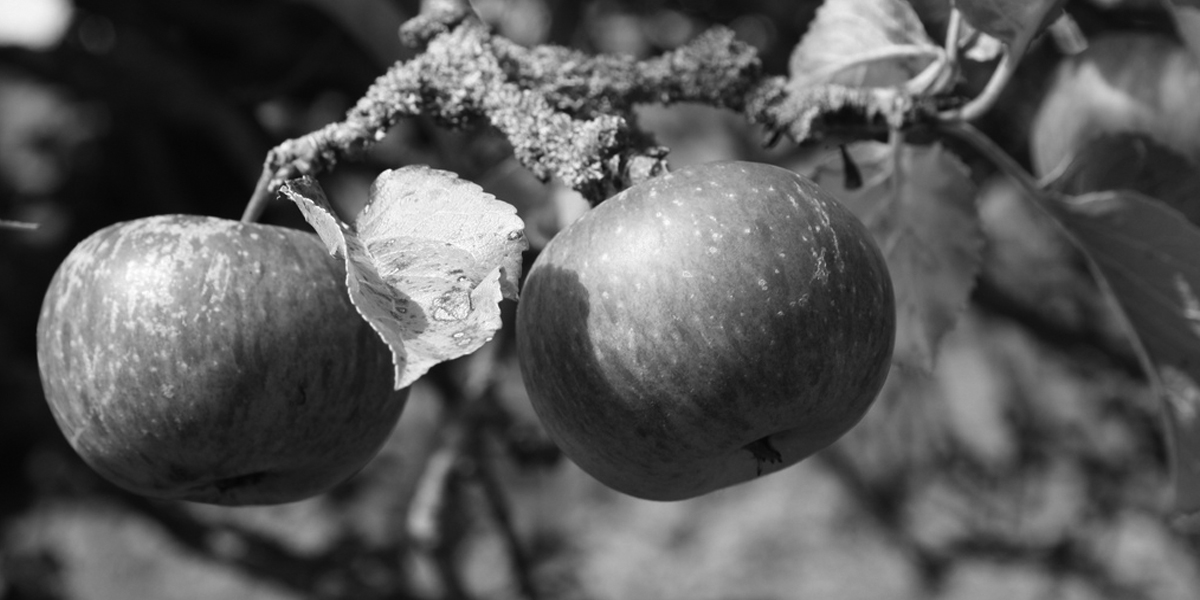Sustainability: Food for thought
The global population is growing, urbanising and becoming richer. We demand more resource-intensive foods, but the planet remains finite. The current imbalance between supply and demand is making food production increasingly unpredictable. The production systems we most rely on in...
The global population is growing, urbanising and becoming richer. We demand more resource-intensive foods, but the planet remains finite. The current imbalance between supply and demand is making food production increasingly unpredictable. The production systems we most rely on in the developed world undermine the natural environment on which we depend – including biodiversity and water quality – and drive disease, antibiotic resistance and malnutrition.
Food is complex, so Labour is right to advocate a strategic approach in their policy consultation. Food connects businesses, farming, health, the environment, communities (rural and urban), schools, imports and exports, and international development. It is taxed and subsidised. Its production and economic impact can be very positive, but can also entail significant costs for individuals (our shopping baskets), society and governments (the billions spent treating obesity and poor diets) and nature (loss of soils and wildlife).
There are multiple stakeholders, including farmers, retailers, processors, caterers, health care professionals, teachers, politicians and the public. And many government departments have a degree of responsibility for food; not just Defra, but also BIS, health, education, international development, DECC and the Treasury.
This complexity is part of the problem. And the lack of a cross-cutting food policy compounds the problem. Instead, WWF advocates a joined-up approach. We want healthy, sustainable food systems that bring the social, economic and environmental aspects of food and agriculture together. The food system should support farmers, as Labour recognises in its ‘Feeding the Nation’ paper, and provide healthy, varied food that is culturally representative and allows business to thrive.
Public procurement is a great opportunity to provide healthy, sustainable food that need not cost more, and strong guidelines should reflect Department of Health nutritional advice. This will give a clear signal to the service sector and farmers on the direction of travel and what is needed in the future. It will encourage the agricultural sector to grow more UK native fruit and vegetables, as it will know there is a real market for these.
Labour’s support for local production is welcome. But we need to define ‘local’. Currently, a product need only be finished locally to be called local. If by local we mean local produce, this needs stating clearly. And while the assumption is that local is best, this is not always true. It may not be the healthiest choice, or benefit rural communities and producers, and is not always the most sustainable option. So Labour should root for local, but think carefully about what it means.
Food security is increasingly important; the World Bank has said we need to reframe climate change as a food security issue. But there is confusion about what it means. Some say we have a duty to produce more, and Labour’s policy prioritises increasing UK production. But it’s not as simple as that. Food security is multifaceted, and is also about availability, access, utilisation, stability and, crucially, environmental sustainability. We need to grow a greater variety of plants and livestock, conserve soil and supply foods in a less resource-intensive way. To help tackle climate change, we must shift away from livestock-dominated agricultural systems to pasture-based ones, and provide crops directly for human consumption.
One aspect of food security is ‘sustainable intensification’, increasing production from existing farmland while placing less pressure on the environment, without undermining our capacity to continue producing food in the future. It does not mean ‘produce more with less’. Labour’s current support for producing more while addressing biodiversity declines is welcome, but it needs to give equal emphasis to ‘sustainable’ and ‘intensification’.
Similarly, we welcome Labour’s support for a smaller, greener Common Agricultural Policy that doesn’t focus simply on production. It’s important to note that subsidies need to shift to make this happen. A future Labour food policy should address all the aspects of food security, and avoid falling into the trap of simply calling for more and more UK production.
Any food policy should address technology, including genetic modification. Labour describes its position on GM as ‘science-led’ – so is ours. GM is no silver bullet; on its own, it won’t produce a sustainable food system, and a precautionary approach will be vital. It is not just a case of winning public trust but demonstrating, transparently, that GM is safe.
Perhaps the most important thing for food policy is a systemic, multi-sectoral approach. Sustainable diets provide a good example of how this can be done. WWF’s research shows that it is possible to define a diet based on the government’s healthy eating guidelines that is healthy, varied, culturally sensitive, affordable, low carbon and uses fewer resources.
This approach brings together health, culture, economics and the environment. Labour’s Food Matters report of 2008 and the Food Vision 2030 recognised the need for these broad approaches, and we hope that the party’s future policies will build on that recognition, and set out a systemic and sustainable approach to the UK’s food system.
Duncan Williamson is food policy manager at WWF UK
